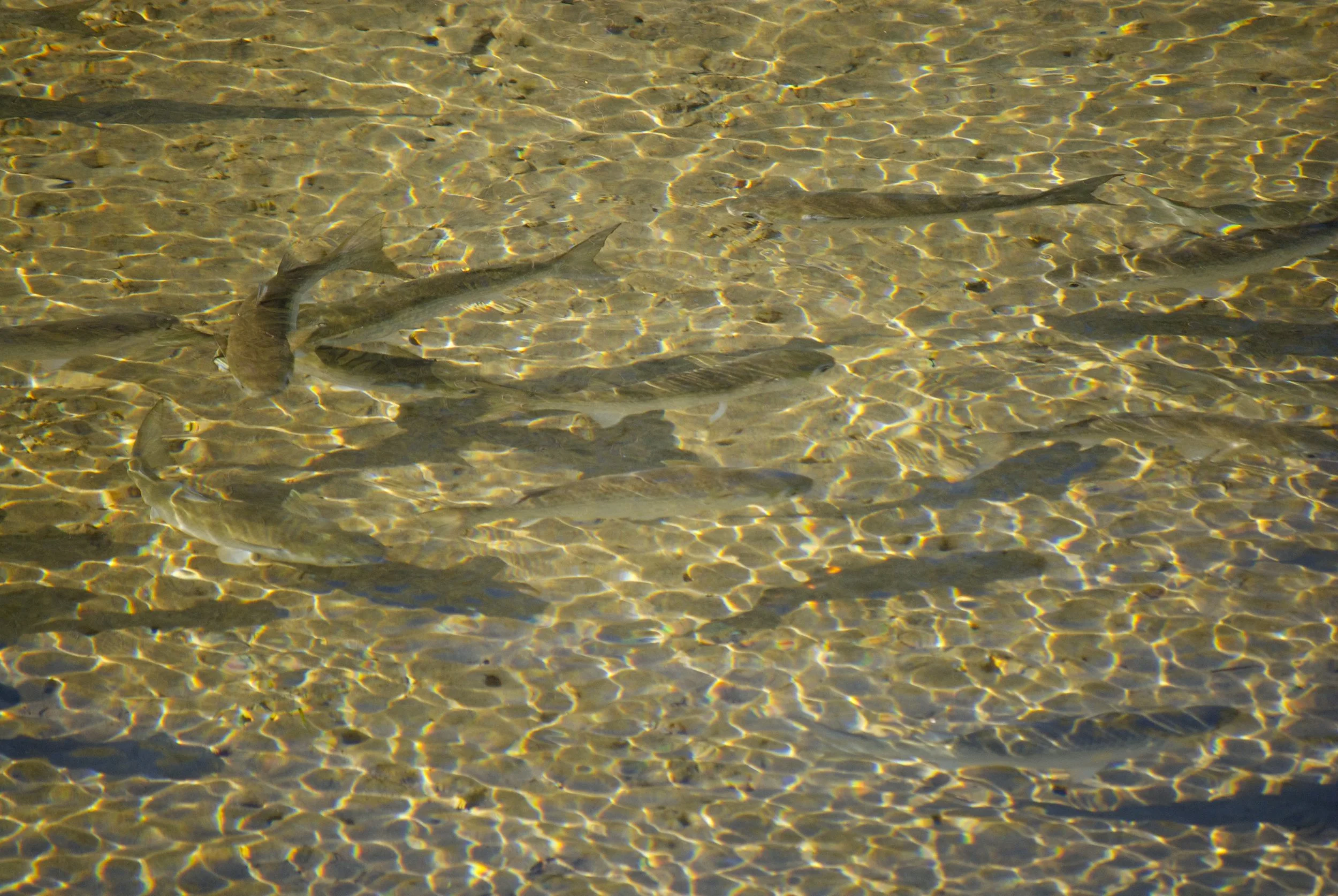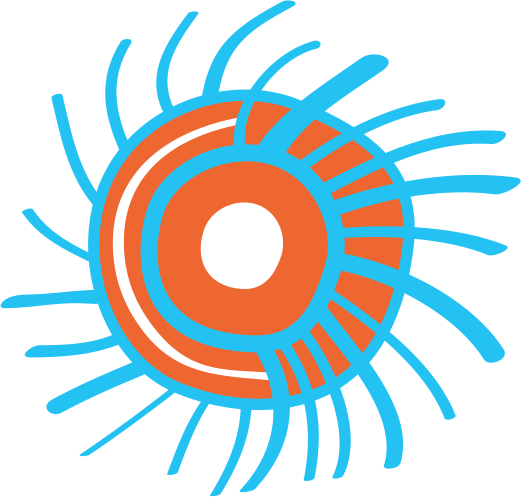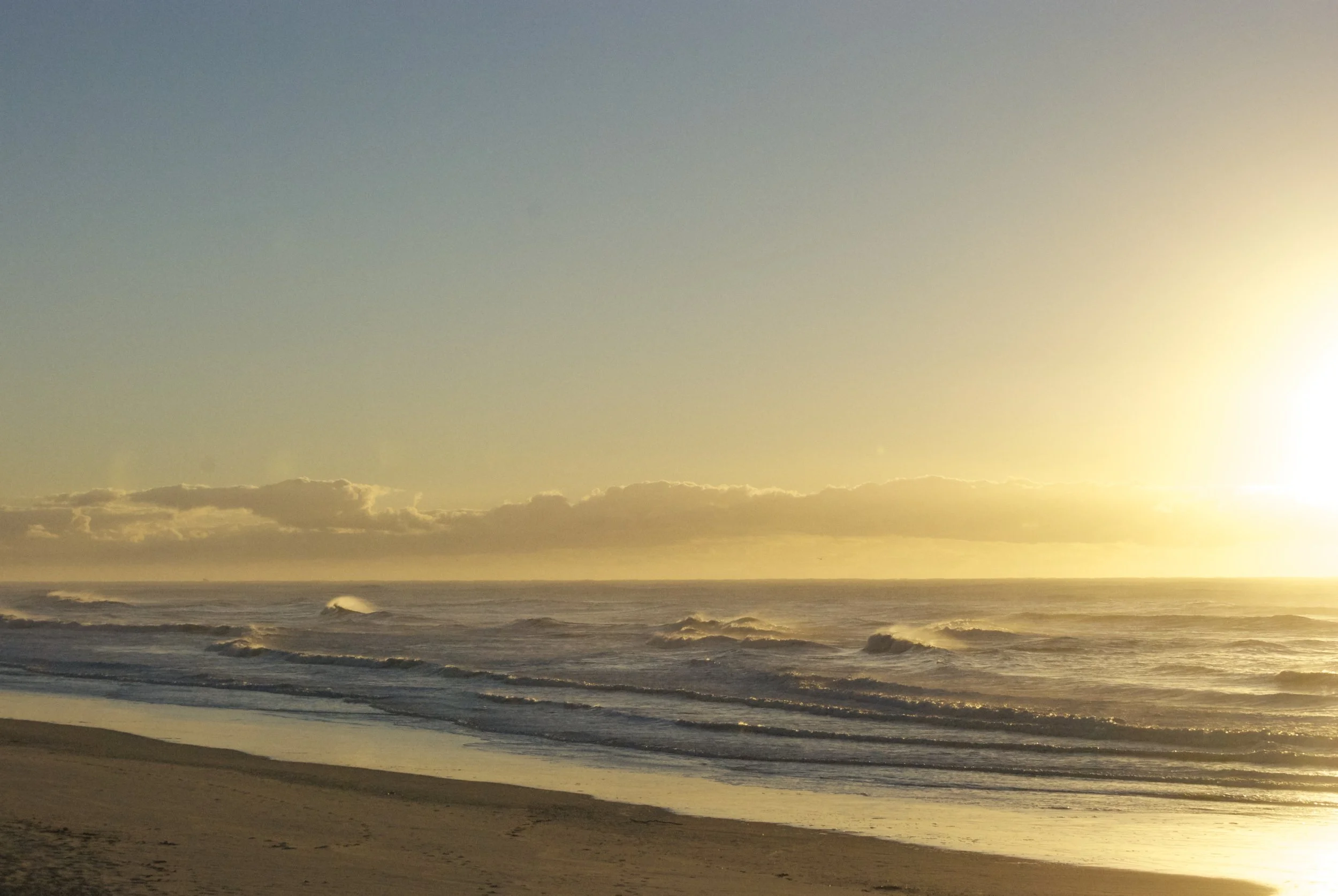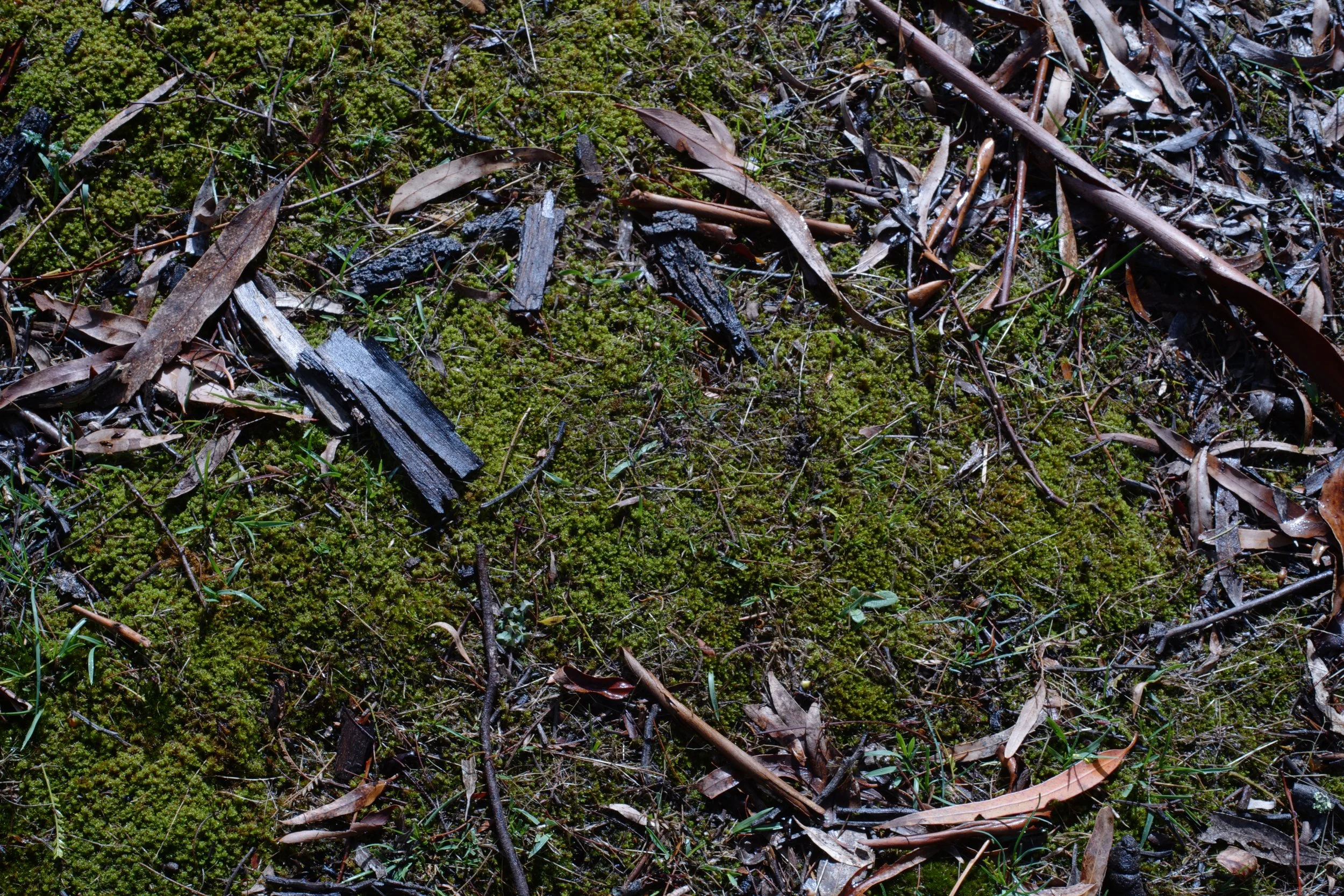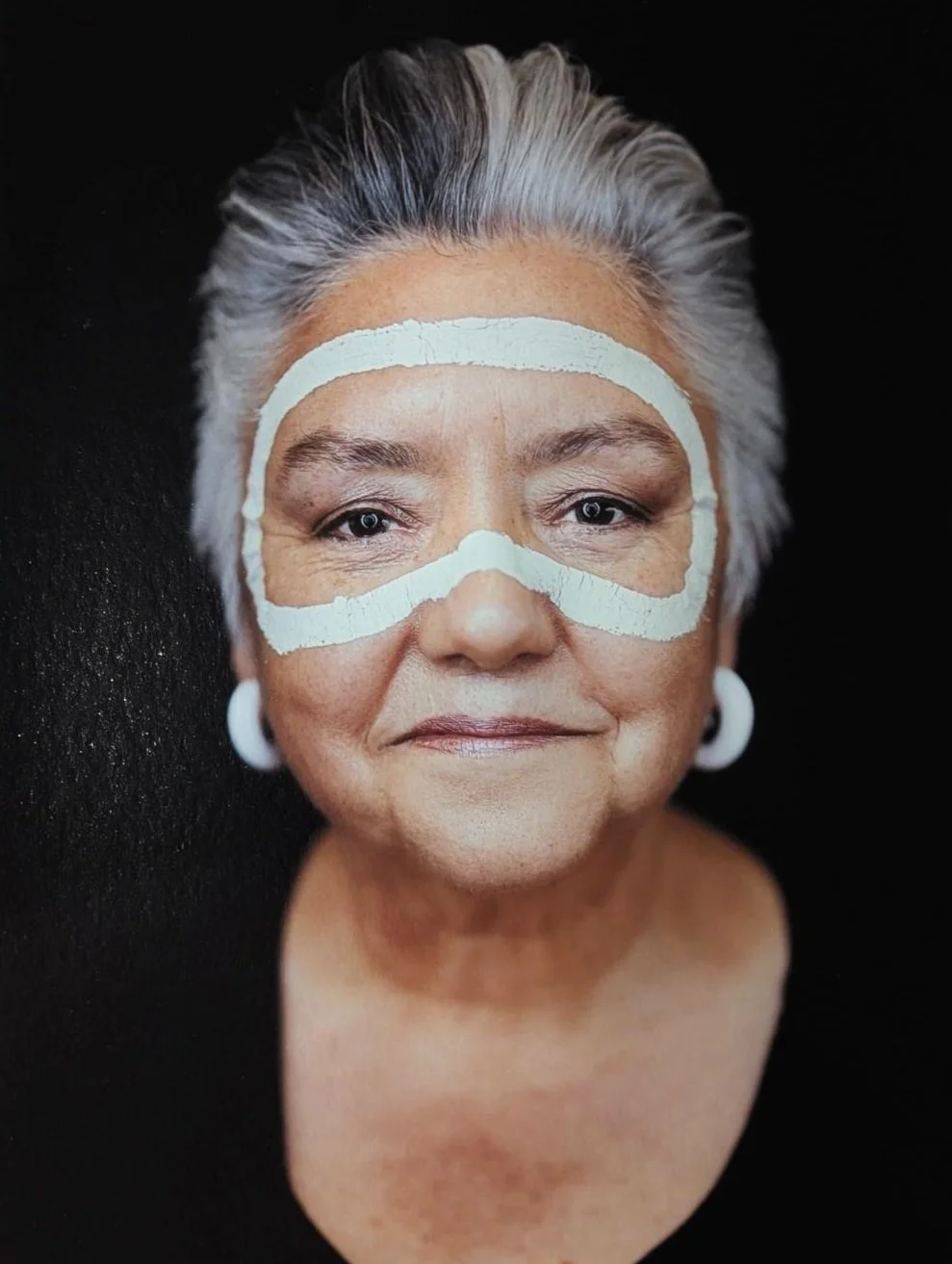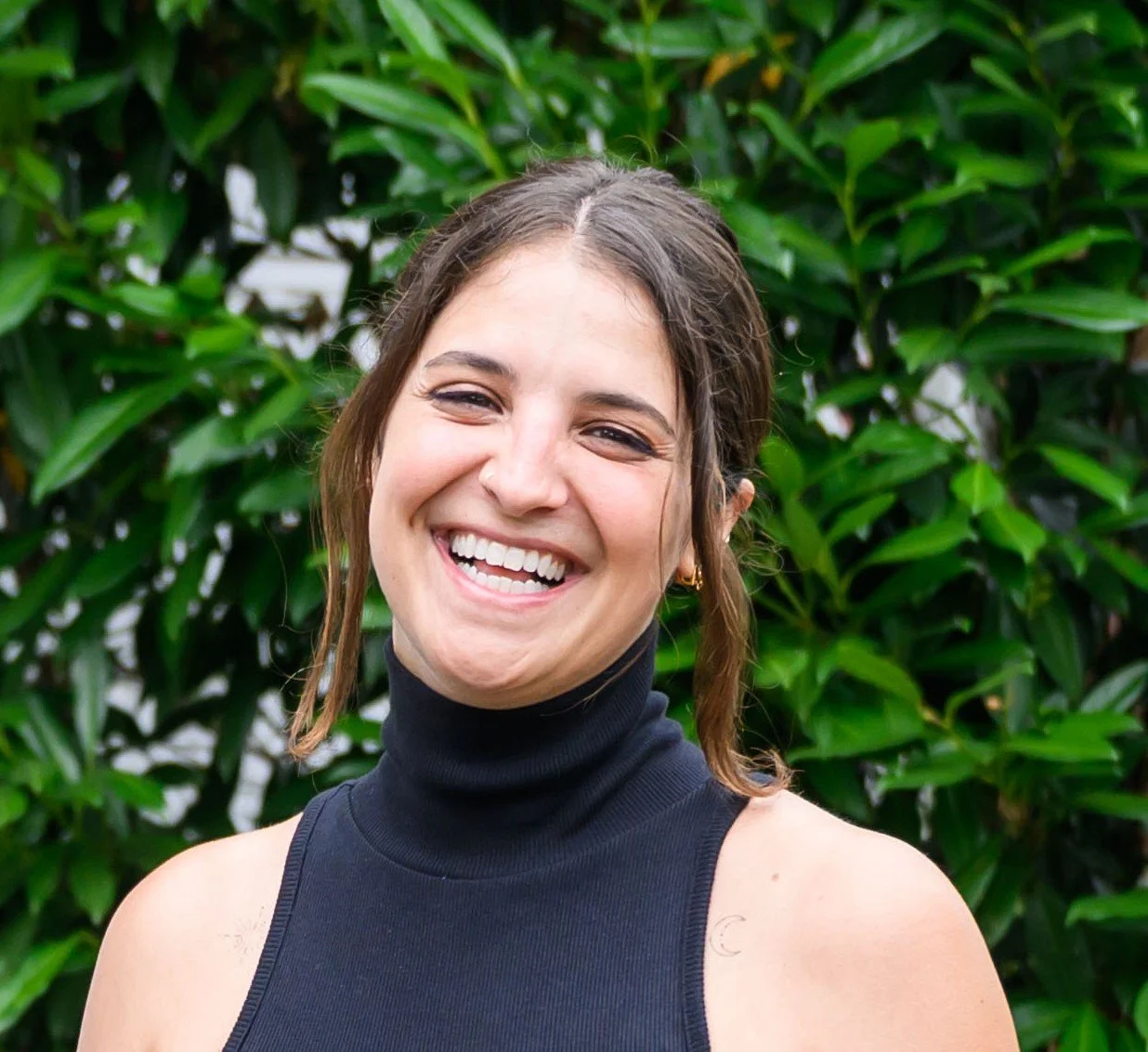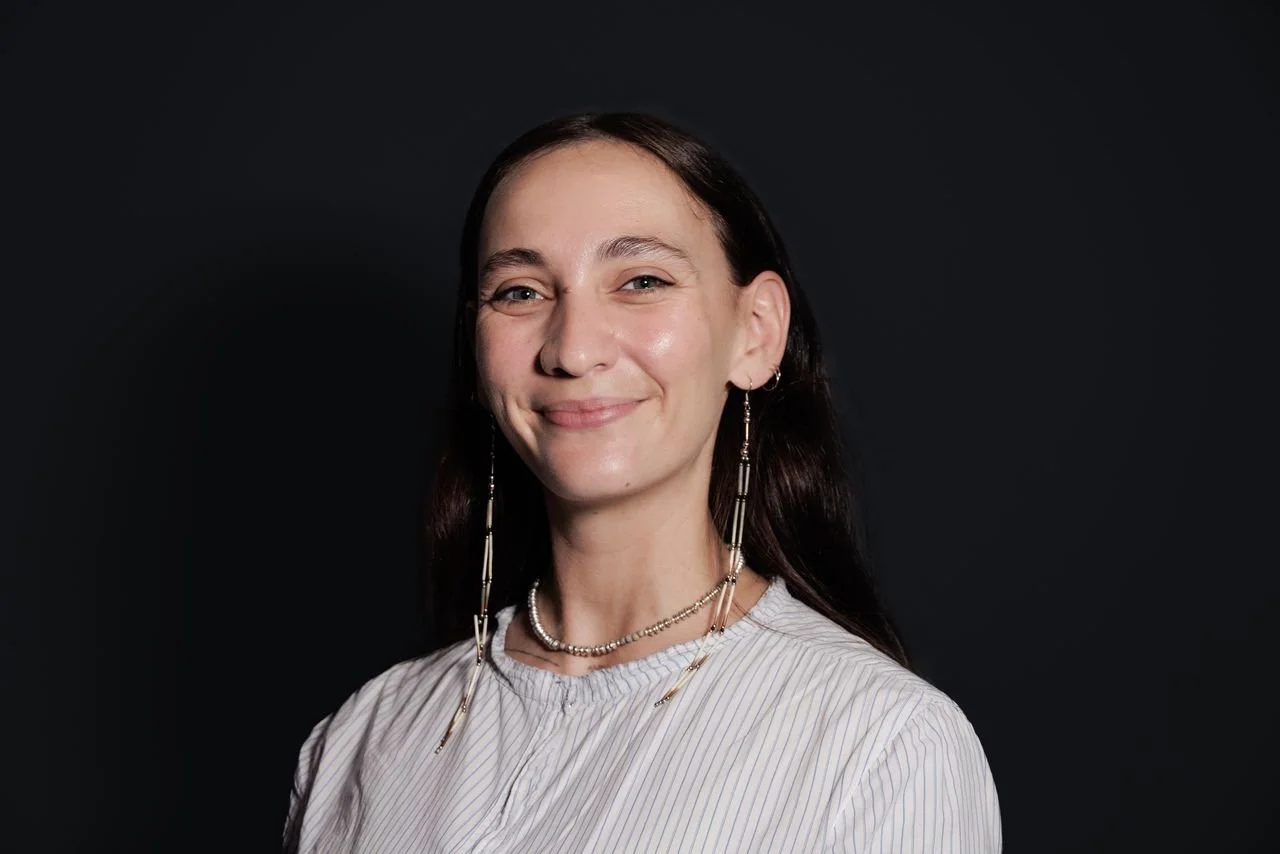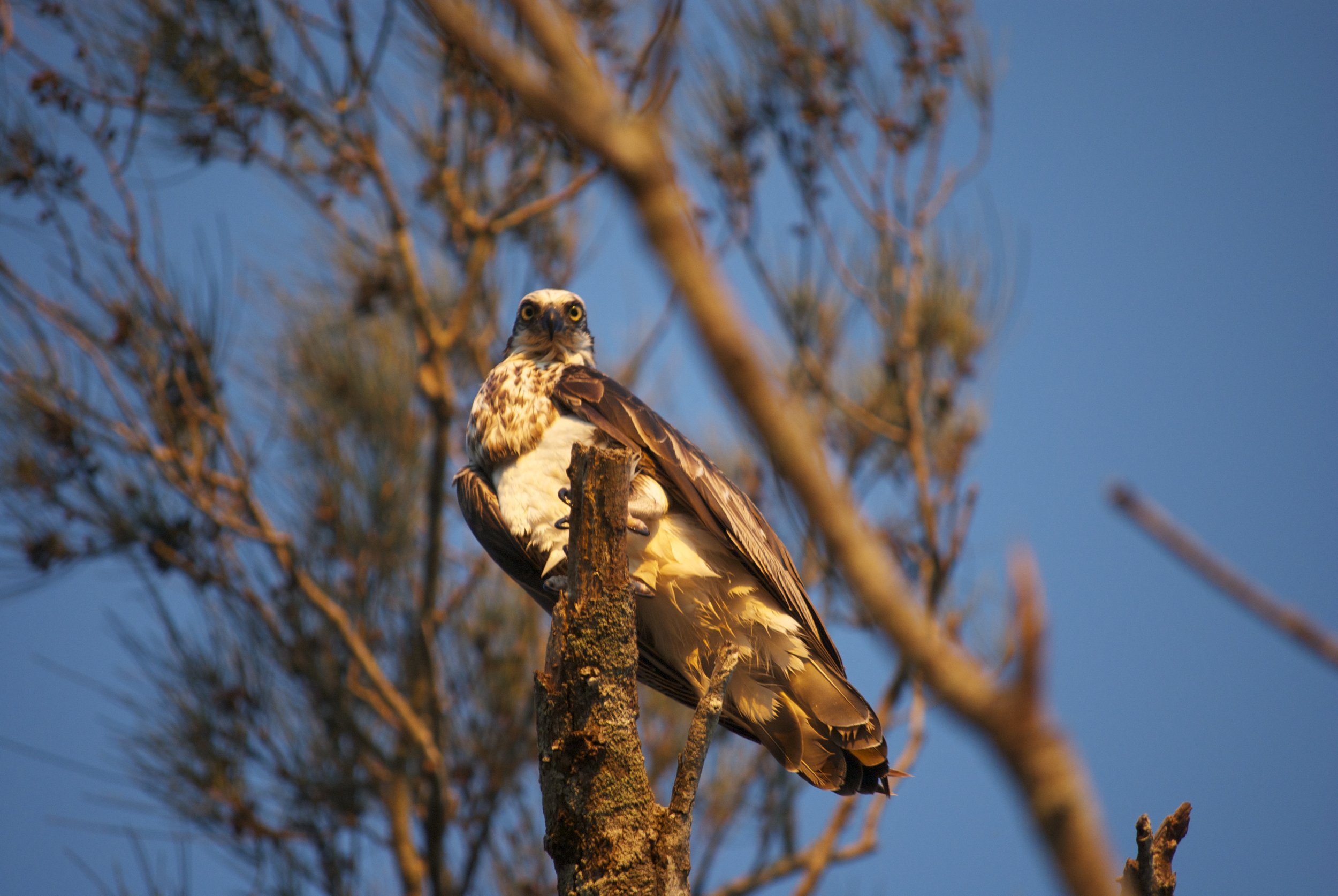About us
Binung Boorigan is an Indigenous Arts, Research and Production Company. Our work intersects the artistic and the academic, spanning film activism, art installations, song and spoken word performances, workshop facilitation, research and curriculum development.
We specialise in Sovereign Language Rematriation (SLR) and developing Sovereign Storytelling Models (SSM) through co-design. Using First Nations knowledge systems, decolonial practices and rematriation methodologies, the company focuses on processes that value Indigenous relational ontologies, ethics, aesthetics, and governance.
Binung Boorigan works in collaboration with First Nations peoples, communities and organisations, centring First Nations knowings, values, and governance in projects that are First Nations led and prioritise self-determination, autonomies, and sovereignties.
What we do
Binung Boorigan is committed to accurate Cultural representation and Community empowerment, and priorities storytelling from Indigenous communities.
Key Indigenous knowings the company applies to practice and process are:
Country: The complex web of relationships between people and other beings.
Relationality: The idea that people, animals, and the natural world share a common origin, history, and future.
Social Personhood: The idea that social agency extends beyond humans.
Raw Law: A natural system of obligations and benefits, flowing from an Aboriginal ontology (Reference: Watson, I. (2014). Aboriginal Peoples, Colonialism and International Law: Raw Law).
Ethics and Protocols: Indigenous thinking focuses on ethics and protocols extending throughout our kinships systems, and that Country is integral to the wellbeing of peoples.
Who we are
Binung Boorigan is co-founded by Dr Lou Bennett AM and Dr Romaine Moreton.
-
Early Life and Awakening —
Born Cindy Louise Bennett in Echuca, Victoria, Dr Lou Bennett AM grew up immersed in Yorta Yorta Dja Dja Wurrung Country and culture, though conspicuously disconnected from her linguistic heritage.
Her grandmother's nightly whispered phrases in language offered comfort yet underscored a painful absence: "I used to get so sad... that we weren't learning Yorta Yorta at school on Yorta Yorta Country".
This early sense of linguistic injustice ignited a lifelong fire. A transformative moment came when her cousin Wendy gave her a cassette recording of her great-grandmother speaking in Yorta Yorta, shattering the colonial narrative that her language had "died". This revelation became the bedrock of her future mission – proving Indigenous languages weren't relics but living entities waiting for the people to wake up.
Artistic Genesis: Tiddas and Beyond —
Bennett's musical journey began in her uncle's band "The Shades" before evolving through Richard Frankland's "Djaambi," where she met future collaborators Sally Dastey and Amy Saunders. Together, they formed the groundbreaking folk trio Tiddas in the early 1990s.
For a decade, Tiddas captivated international audiences with their harmonies and storytelling, with Bennett penning signature songs like "Sing About Life" and "Inside My Kitchen" – the latter inspired by observing a loved one's experience dealing with psychosis.
Their music, deeply rooted in real experiences of love, pain, and resilience, established Bennett as a formidable songwriter who transformed personal and communal adversity into art.
After Tiddas disbanded in 2000, Bennett pursued solo work, including "Imagine Being You," "Time Out," and her third Album “Hold My Hand?” with her trio Lou Bennett and the Sweet Cheeks. In theatre, Bennett notably starred in the autobiographical Show Us Your Tiddas! and contributed her cultural, vocal and musical direction to the seminal Melbourne Theatre Company production of The Sapphires.
Founding the Black Arm Band and Artistic Directorship —
In 2006, Bennett with many other artists, musicians and producers, co-founded The Black Arm Band, transitioning it from a protest concept into a globally celebrated, Indigenous-led performing arts institution.
As Artistic Director and later co-CEO (2006-2014), Bennett was instrumental in its vision, touring major productions like murundak and the critically acclaimed dirtsong nationally and internationally. dirtsong, featuring songs in multiple Aboriginal languages with texts by Alexis Wright, exemplified her commitment to centering Indigenous voices and tongues on prestigious stages like the Melbourne International Arts Festival.
Bennett also pioneered the company's community engagement programs, ensuring art served as a bridge back to cultural roots.
Academic Pursuits: Language Rematriation as Lifework —
Bennett's artistry and activism converged powerfully in academia. In 2015, she completed her landmark PhD, "Yorta Yorta Lotjpa!” at RMIT University.
Challenging Western linguistics, her research asserted that Indigenous language reclamation through song and story is fundamental to community health and wellbeing, demanding Indigenous-led methodologies.
Bennett critiques colonial archives like R.H. Matthews' and E.S. Parker’s word lists as fragmented shadows of living tongues: "These old fellas had no idea... They missed what is fundamentally born into Aboriginal people. And that is our knowledge".
Her work champions artistic practice as sovereign research, arguing that language holds intangible spirit and knowledge inaccessible to English. This groundbreaking research led to prestigious fellowships:
McKenzie Postdoctoral Research Fellowship (University of Melbourne): Investigating cross-generational/cross-cultural language transmission obstacles.
Westpac Research Fellowship (2020): Partnering with Yuin communities to develop culturally appropriate song composition practices for language revitalization.
Language Rematriation in Practice: Song as Conduit —
Bennett embodies her research. She describes herself as a "conduit for song", receiving melodies from Ancestors in dreams, on Country walks, or even amidst city traffic. Her deep listening practice ("goopna ngawar-l") attunes her to the earth's symphony – "the breeze, the trees, even in the city... there's song in the earth". This philosophy drives projects integrating language into contemporary art forms:
nyernur nyarkur (to hear, to see) (Omega Ensemble): Won the 2023 Art Music Award for Performance of the Year: Notated Composition. Created after walking Dja Dja Wurrung Country at sunrise, capturing the orchestrated melodies of birdsong.
wurukur djuanduk balag – Ancestors Are Calling (RISING/Melbourne Museum): Responding to First Nations cultural belongings in museum collections through song cycles in Dja Dja Wurrung, Yorta Yorta, Woiwurrung, and Gugu-Yalanji.
Ngapa William Cooper (Lior, Nigel Westlake, ASQ): Honoring her Yorta Yorta elder and relative who led the 1938 protest against Nazi persecution of Jews. Bennett used language to express meanings untranslatable to English.
nyilamum song cycles (Australian String Quartet): A profoundly personal work reclaiming the story of an Ancestor found in a birthing tree in 1904, whose remains were held by a museum for 99 years before Bennett's family brought her home. This work embodies her concept of "song cycles" – challenging Western linear "songlines" with Indigenous cyclical time: "Things move in circles... from our days, our seasons, our lives".
Philosophy: Song Cycles, Country, and Cultural Continuity —
Bennett's conceptual framework is revolutionary. She rejects the term "songlines" as a Western construct imposing linearity. Instead, she champions "song cycles" or "spirals", reflecting the Indigenous worldview where time, seasons, and stories move cyclically: "We’re born, we die, we are reborn, we die... Things move in circles".
Connection to Country is non-negotiable – songs emerge from walking with and listening deeply to land.
Her research on "Sovereign Language Rematriation" emphasises a matrilineal/feminine process of welcoming language spirit back as kin: "Language has a spirit and has a life in itself and we treat it as family... It holds knowledge, love, a sense of inquisitiveness". Her pedagogy uses song to bypass colonial fragmentation, enabling holistic, embodied language learning.
Legacy and Ongoing Impact —
Bennett stands as a towering figure in Australian arts, academia, and Indigenous sovereignty. Her journey – from Tiddas harmonies to PhD dissertations, from protest songs with Black Arm Band to string quartets singing ancient words – demonstrates the inseparable link between cultural expression and survival.
She has reclaimed language from museum drawers and colonial lexicons, restoring its living breath through performance and pedagogy.
As a Senior Lecturer in Indigenous Studies (University of Melbourne), Yorta Yorta Dja Dja Wurrung senior, and visionary artist, she continues to mentor, compose, and lead, guided by her Ancestors' voices: "Remember who you are, remember where you come from... come with humility and integrity and truth".
Her life’s work ensures that Indigenous languages, silenced for generations, now resonate powerfully across concert halls, classrooms, and communities – truly singing the spirit back into Country and culture. Her nyilamum song cycles echo her core truth:
"Language holds knowledge that other languages can't... It holds a sense of inquisitiveness and how people see themselves in the world".
-
Member of the Order of Australia (AM), 2019 (Significant service to performing arts, music & Indigenous community)
Victorian Honour Roll of Women, 2017 (Leadership & contribution to Victorian community)
Red Ochre Award — Australia Council, 2021 (Lifetime Achievement in Indigenous Arts)
Art Music Award (APRA AMCOS), 2023 (Performance of the Year: nyernur nyarkur)
Westpac Research Fellowship, 2020 (Supporting language revitalization research)
Dr Lou Bennett AM
Co-founder
Image credit: Eduardus Lee
-
Dr. Romaine Moreton stands as a transformative figure at the intersection of Indigenous scholarship, artistic innovation, and cultural activism. Her work redefines Australian narratives through the lens of First Nations sovereignty, ethics, and ancestral wisdom.
Heritage and Early Foundations —
Born into the Goenpul Yagerabul Minjungbul peoples of Tjerangeri (Stradbroke Island) and Bundjalung Country (Northern NSW), with South Sea Islander (Tanouta, Tanna Island) heritage, her identity is rooted in dual lineages of resilience.
Her childhood in Fingal Heads, Bundjalung Country, shaped her profound connection to land and sea. As she recounts in "Moon Holds Water", gathering yugeri (pipis) by moonlight, fishing with family, and witnessing the "ancient eye" of the moon instilled a philosophy where "purpose is carried in our blood and bodies".
Academic and Institutional Leadership —
Vice Chancellors Senior Indigenous Research Fellow, RMIT (2025-Present): Appointed to this prestigious role, Moreton’s project explores the role of education, media, technologies and community governance. The project, Designing Indigenous Living Media Pedagogies (DILMP) is a systems design approach that uses place-based pedagogy, principles of co-design and co-determination, collaborating with community educators to provide contextualised educational opportunities for learners through deepening connections with land, each other, and themselves.
Director of First Nations & Outreach, AFTRS (2020–2024): Appointed to this pioneering role, Moreton led the integration of Indigenous knowledge systems across Australia’s premier screen/broadcast school. She developed a school-wide strategy which embeds "ethics, aesthetics, and land pedagogies" into curricula, ensuring AFTRS becomes a "hub of excellence" for First Nations storytelling.
Indigenous Cultural Intellectual Property Research: At the University of Newcastle, her postdoctoral work advanced frameworks for protecting Indigenous knowledge, challenging colonial academic paradigms through her key project Portals to Protocols, looking at Indigenous cultural heritage at the digital, technological interface.
Co-founder of Binung Boorigan Pty Ltd: This First Nations-owned media research and production company drives rematriation, language activism, and storytelling sovereignty, centring Indigenous voices in media creation.
Artistic Praxis: Poetry, Film, and Transmedia
Moreton’s artistry dissects colonial narratives while celebrating Indigenous continuity:
One Billion Beats (2016): This groundbreaking transmedia project (developed at Monash University) deconstructs "the historical representation of Aboriginal people in Australian cinema". Combining poetry, film, and digital media, it exposes stereotypes and reasserts Aboriginal agency.
Storytelling as Resistance: Her "Dreamy" series story "Moon Holds Water" (2021) exemplifies her method: oral traditions merge with digital media to convey how "memories live here in many layers". The narrative intertwines Bundjalung fishing practices with South Sea Islander journeys, embodying intergenerational knowledge.
Filmography: Works like A Walk with Words (2000) explore Indigenous urban experiences and political resistance, establishing her as an "internationally recognised writer of poetry, prose and film".
Activism and Philosophical Framework —
Moreton’s activism transcends conventional boundaries:
Indigenous Curriculum Development: With Dr. Lou Bennett AM, she co-created AFTRS’s first Indigenous-focused curriculum, fusing cultural protocols with screen ethics. This "first-of-its-kind" initiative trains filmmakers in "transformative processes" that honour Country and community.
Land as Pedagogy: Her work insists that "the land speaks". Practices like building shell middens (archives of "stories of hunting and gatherings") or reading the moon’s tides ("the moon holds too much water") exemplify how Indigenous epistemologies inform sustainable media practices.
Storytelling Activism and Rematriation Methodologies: Through Binung Boorigan, she champions narrative reclamation as a tool to "purge" colonial distortions, mirroring the yugeri’s natural cleansing of sand.
Legacy and Ongoing Impact —
Moreton’s legacy lies in "walking lightly" while reshaping cultural landscapes. As she reflects: "When we walk on the shoreline, we walk as though we are walking on stories, guided by whispers of love."
Her leadership at AFTRS, Binung Boorigan, and beyond continues to centre Indigenous sovereignty —proving that storytelling, when rooted in ancient wisdom, can decolonize imaginations and nourish futures.
"In each ocean wave... are the memories of family, people, and stories buoyed by love." – Dr. Romaine Moreton.
-
Vice Chancellor’s Senior Indigenous Research Fellow, RMIT Melbourne, 2025-present (Designing Indigenous Living Media Pedagogies (DILMP))
Director, First Nations & Outreach, Australian Film Television and Radio School (AFTRS), 2020-2024 (Embedding Indigenous perspectives institutionally)
Research Fellow & Filmmaker in Residence, Monash University, 2014-2016 (Creation of One Billion Beats transmedia work)
Postdoctoral Researcher, University of Newcastle, 2008-2013 (Indigenous Cultural Intellectual Property rights advocacy)
Co-founder, Binung Boorigan Pty Ltd, 2015-present
Dr Romaine Moreton
Co-founder
Meet the Team
